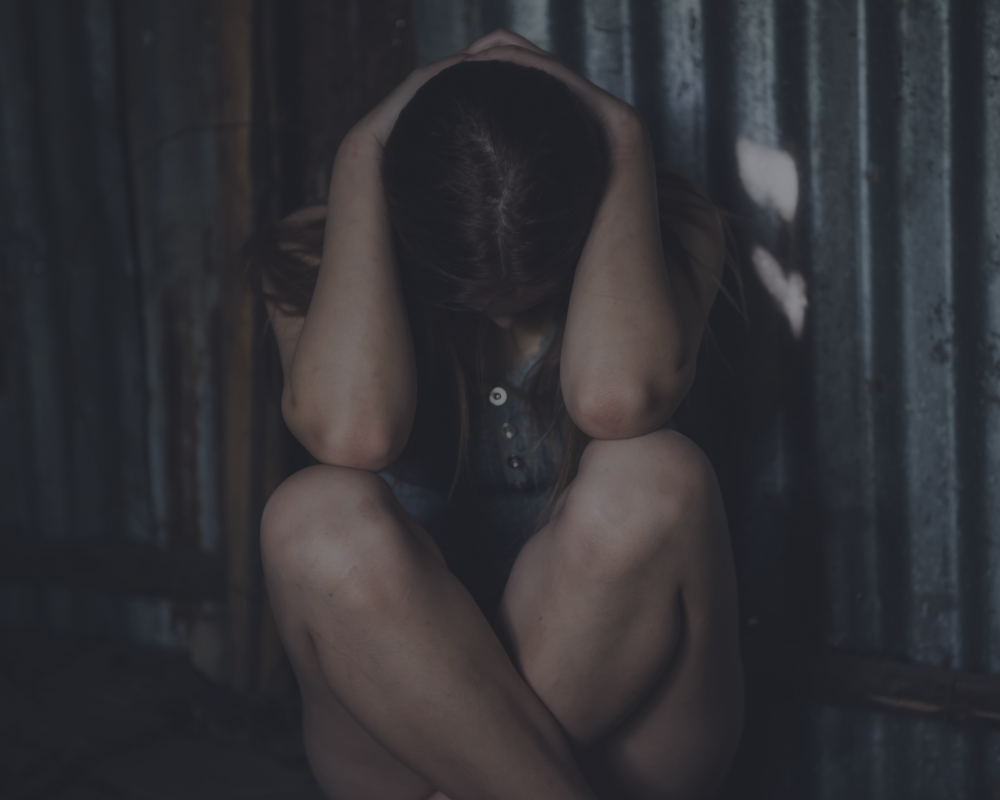The concept of the “Bad Trip” is something most of us have either heard about or experienced firsthand. The very thought of it carries a negative connotation and often evokes discomfort. But how valid are these feelings, and do they truly align with the traits of a psychedelic experience that can feel overwhelming, unpleasant, or even terrifying? Could it be possible to view a negative experience from a different perspective? Perhaps the key is to approach the so-called “Bad Trip” with an open mind, allowing the experience to unfold without immediately attaching ourselves to the negative emotions it brings.
The Psychedelic Shadow Side
For most individuals, the psychedelic experience is a mystical journey filled with awe-inspiring moments and deep insights. However, like all aspects of life, it also has its darker side. Psilocybin acts as a non-specific mental enhancer, meaning it unpredictably amplifies certain functions of the brain. This boost in neural activity allows the brain to process a wider range of information, which can cause reality to be experienced in a variety of ways. How this is perceived is highly individual. For some, it is a pleasant and enlightening experience, but for others, it may lead to confusion, anxiety, and unease.
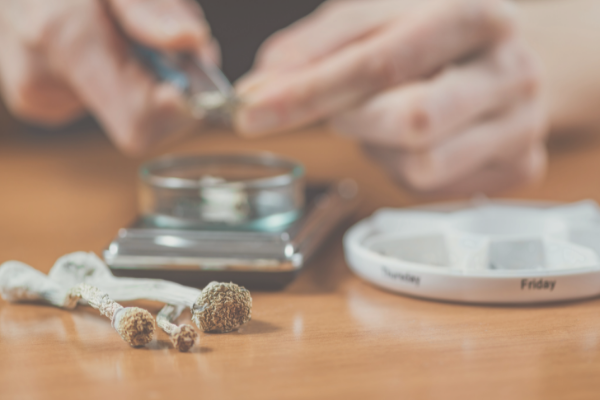
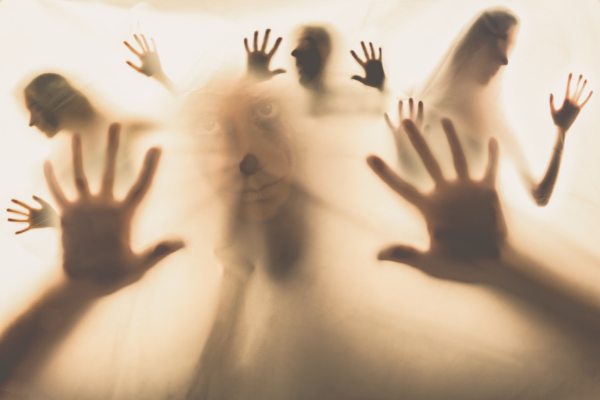
The role of Subjectivity
Within the psychedelic experience, many different effects can arise, but how they are experienced and processed is deeply subjective. Whether an experience is perceived as positive or negative isn’t always directly linked to the effects themselves, but rather to the individual’s receptivity. A thoughtful approach and the creation of a safe environment—both mentally and physically—are crucial factors that can greatly influence the outcome of the experience. In this context, can we truly refer to an experience as a “Bad Trip”? And is the degree of sensitivity we have to such experiences dependent on factors that we might have more control over than we initially realize?
The positive Experience
The positive experience is marked by an inspiring, insightful, and deeply enjoyable journey through the subconscious. Preparations have been made, set & setting are carefully considered, and the traveler feels safe and secure. In this moment, they can fully surrender to the unfolding experience. While there may be moments of confusion or discomfort, the traveler knows that they are safe and that these feelings will pass when approached with openness and receptivity. The positive experience is one of complete surrender, born from love and respect for the truffle or mushroom.
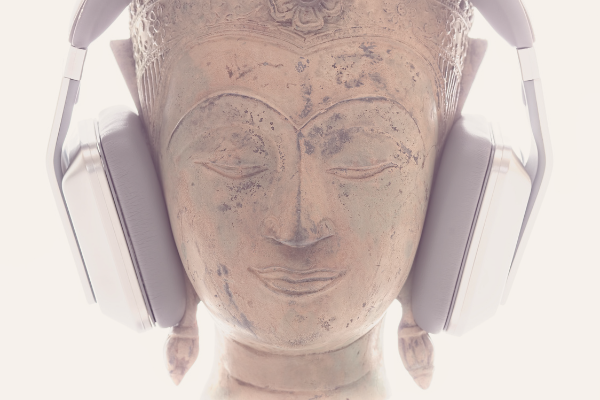
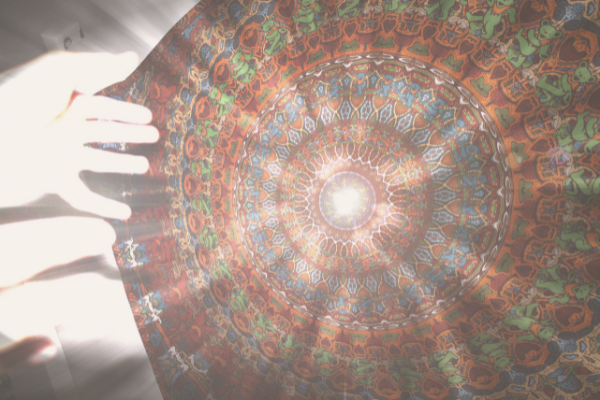
The negative Experience
The Psychedelic experience can bring unresolved traumas or personal issues to the surface. This can manifest in various forms, often leading individuals to feel resistance. In many cases, this resistance becomes the underlying cause and trigger for what is commonly referred to as a “Bad Trip.” Resistance or defensiveness during these moments can escalate into intense anxiety and panic. As a non-specific enhancer, Psilocybin tends to amplify these feelings, which can cause one to spiral into negativity. Escaping this cycle can be difficult and is often experienced as highly negative by those going through it.
Carl Jung & the Unconscious Mind
How we get caught in moments of resistance often goes unnoticed by our conscious mind. The work of Swiss psychologist Carl Gustav Jung sheds light on the profound depths of the psyche through his analysis of the subconscious. While his predecessor Sigmund Freud viewed the subconscious as the repository of repressed experiences, Jung expanded this idea. He suggested that behavior, memories, feelings, and thoughts are not just individual, but collective elements shared by all of humanity, forming a kind of spiritual inheritance. This collective unconscious, according to Jung, holds universal symbols and archetypes that shape our experiences and perceptions, often revealing themselves during profound, transformative moments such as those induced by psychedelics.
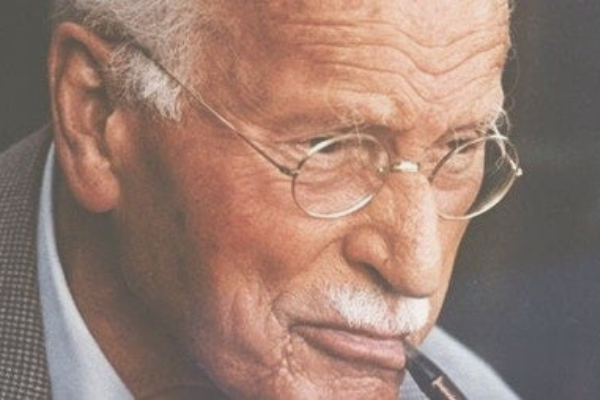
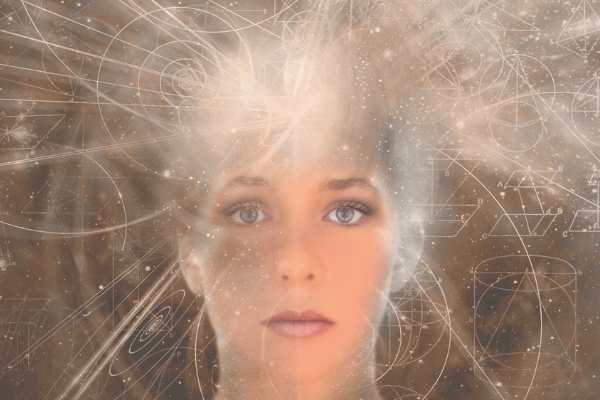
The Collective Unconscious
The Psychedelic experience bears remarkable similarities to what Jung described as the collective unconscious. Material from this unconscious, often symbolic in nature, can be challenging to comprehend through our usual rational perspective on the world. The vivid and symbolic nature of the Psychedelic experience provides a space for the contents of this collective unconscious to surface. At times, we may encounter tangible memories, past wounds, or even traumas. Other times, the experience remains elusive, leaving us overwhelmed with awe and confusion. Our rational mind tends to seek clear explanations, but the complexity of consciousness reminds us that perhaps not everything needs to be understood immediately. The richness of these experiences invites us to embrace uncertainty, knowing that some things may only be fully grasped through lived experience rather than intellectual understanding.
The Power of Letting Go
Sometimes, we are given the opportunity to detach and simply experience things without the need to judge whether they make sense in the moment. Often, we find that allowing ourselves to surrender to these moments can be profoundly liberating. By embracing the experience with complete neutrality, we open ourselves to explore the Psyche’s mysterious depths without fear. Face it, embrace it with open arms, and let go of the need to control. Allow yourself to explore with full trust, knowing that the magic truffle or mushroom is offering you exactly what you need in that moment.
Misconceptions about “Bad Trips”
To what extent can we truly refer to a “Bad Trip” when the negative experience can also be seen as a valuable learning opportunity? Sometimes, what is perceived as “negative” forces us to face our deepest fears and confront aspects of ourselves that we don’t normally have access to. Moving through such moments can lead to profound insights and encourage personal growth. There will also be times when we don’t understand what is happening, when fear and confusion take hold. And that is perfectly okay. The key is to let go of the need for control and fully surrender to the course of the experience. Once we do that, it’s possible for the experience to transform into something peaceful, pleasant, and ultimately beneficial.

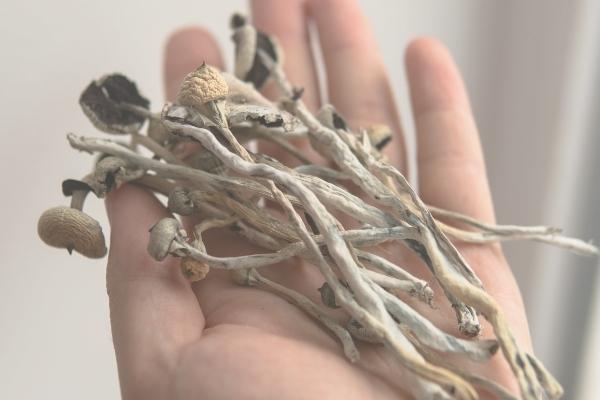
8 tips to prevent a Negative Experience
By focusing on a few key aspects, you can significantly reduce or even prevent a negative experience. Preparing yourself for the potential effects of a Psychedelic journey is crucial. While it can’t guarantee a completely comfortable experience, it does provide you with a clearer understanding of the tools at your disposal to optimize your journey. Taking time to carefully consider these elements can greatly decrease the chances of encountering a difficult experience.
Set
Both the mental and physical setting are the cornerstone of a safe and rewarding experience. In the weeks leading up to your journey, focus on mental preparation by eliminating unnecessary stressors. Limit your exposure to social media and surround yourself with positive influences. Spend more time outdoors, engage in regular exercise, practice meditation, or choose to read an uplifting book rather than watch a suspenseful movie. What you carry mentally into the experience plays a significant role in how it unfolds!
Setting
The environment in which your journey unfolds greatly influences its course. If you choose to have the experience with an expert or at a retreat center, everything will be carefully organized for you. However, if you’re planning to organize it yourself, it’s essential to plan ahead and ensure that the setting is safe and conducive to your well-being. Feeling comfortable and secure in your chosen location is key to fully embracing whatever may unfold during the experience.
Intention
When you take Psilocybin, you’re entering your unconscious. Respectfully approach this experience, just like you wouldn’t knock on someone’s door without purpose. If asked, “What brings you here?” reflect on your intent. Are you seeking healing, answers, or simply curious? Acknowledge your purpose to shape a meaningful journey.
Preparation
Just as you thoughtfully consider your intention, mental, and physical setting, also prepare your body. A cleansed body helps you let go of physical limits and fully immerse in the experience. Avoid alcohol, tobacco, and other addictive substances, and opt for light, healthy, plant-based foods in the weeks or days leading up to your journey.
Guidance
There is nothing more valuable than having a good guide. The space-holder is responsible for ensuring your basic needs are met, whether it’s a hug, an encouraging word, or simply their presence. Choose someone who embodies the qualities you seek—knowledgeable, loving, and respectful of Psilocybin, experienced, and someone you feel comfortable with.
Surrender
No matter how much experience you have or how thorough your preparation, the most important and powerful aspect of the Psychedelic journey is surrender. Letting go of control, relinquishing expectations, and allowing the experience to unfold naturally is often the most challenging yet transformative part of the process. Trust in the wisdom of the truffle or mushroom and flow with the experience.
Expression
A powerful tool during the Psychedelic experience is expression. Thoughts, feelings, and emotions are energies that seek to flow freely. There’s no right or wrong here. Listen to your body and allow yourself to express whatever arises when needed. Move, dance, stretch, walk, talk, sing, cry, laugh—embrace the flow of the moment.
If you’d like to dive deeper into the preliminary work, we offer a short guide that you can download for free. It’s based on a self-reflection method, helping you set an intention and make the necessary preparations for your experience.
Sources
- https://www.geestkunde.net/uittreksels/jung-het-ik-en-het-onbewuste.html
- Psychedelic Drugs and Jungian Therapyhttps://jungianjournal.ca › jjss › article › download
- https://brill.com/view/journals/ijjs/aop/article-10.1163-19409060-bja10017/article-10.1163-19409060-bja10017.xml
- https://www.sciencedirect.com/science/article/pii/S0955395920303352
- https://medium.com/@joshuat/the-anatomy-of-a-bad-psychedelic-trip-8ab00fc389b
- https://blogs.scientificamerican.com/cross-check/psychedelic-therapy-and-bad-trips/


